Disclosure: This article may contain affiliate links. If you decide to make a purchase, I may make a small commission at no extra cost to you.
There are many mistakes that you can make after you transition to a vegan diet which could leave you feeling a little less than perfect. If you’ve been vegan for a while and are starting to feel lightheaded and dizzy, this could be a sign that something isn’t quite right. It may be related to the diet itself or coincidental. Either way, a trip to the doctor should be a priority and from there a good look at your diet.

Possible causes for feeling dizzy and lightheaded:
- Eating a very low-calorie diet
- Low blood sugar
- Low blood pressure
- Low salt intake
- B6, B12, and Iron deficiency
After doing some research, I’ve found that lightheadedness and dizziness are among some of the common complaints from people new to veganism or even those who have been on the diet for many months or even years.
So in this article, I’ll address some of the potential causes and how you may be able to relieve these symptoms!
Reasons for dizziness and lightheadedness after going vegan
#1. Extreme calorie restriction
A sudden and severe reduction in calorie intake after adopting a vegan diet could be one of the reasons why you’re experiencing these symptoms. On a typical processed foods diet, the caloric density of foods will normally be a lot higher than the foods you’ll be consuming on a plant-based diet.
Adjusting the quantity of food that you consume accordingly is not always intuitive unless you understand this. So, if you’re getting a lot of hunger pangs and believe you might not be eating enough, increase your calorie intake by adding more foods into your diets such as sweet potatoes, legumes, and olive oil.
I highly recommend that you use a weighing scale to measure the food for a week and also use cron-0-meter to track your calorie intake.
Try to also eat meals at set times and eat snacks in between if you have to.
Check out my tips on how to gain weight while eating a vegan diet.
#2. Low blood pressure
One of the many benefits of eating a vegan diet is a reduction in both systolic and diastolic blood pressure. This can be considered a really good thing because lower blood pressure will lower the risk of heart disease and you may even live longer.
However, some people who already have very low blood pressure may experience a further drop which can cause symptoms like orthostatic hypotension. Usually, the body will adapt and these symptoms should go away in time, but for some people, dizziness upon standing is an issue that doesn’t go away.
There are many ways that you can increase your blood pressure, which include the most obvious:
- Increase calorie intake
- Increase salt intake
- Increase caffeine intake
Check out eight tips on how to deal with low blood pressure.
#3. Low blood sugar (hypoglycemia)
Just as you would with any diet, you need to make sure that you’re consuming foods that will not cause a huge spike in blood sugar.
When you eat high-glycemic foods, you will be dumping a lot of simple sugars into your body and then your body will respond with a large dose of insulin to bring it back under the normal levels.
As a consequence, you can develop reactive-hypoglycemia, and then you may rush for more sugar which just feeds the cycle over again.
Smoothies are very popular with vegans and these can also contribute to blood sugar crashes, especially if they contain a high amount of fruits. It’s during the crash that you will likely feel shaky, dizzy, and lightheaded.
Below are some foods which may cause unstable blood sugar:
- Parsnips
- White bread
- White rice
- Cornflakes
- Instant oat porridge
- White potatoes (mashed and boiled)
- Sweet potatoes (peeled and baked for 45 minutes)
- Carrots
- Overly ripe bananas
- Pineapples
- Watermelon
Many of these foods are perfectly fine to incorporate into your diet, but try to focus on eating a variety of foods and including foods with a low to medium glycemic load.
#4. Low intake of electrolytes
It’s likely that you’ll be getting a lot of potassium on a plant-based diet and a very small amount of sodium.
Most people will consume enough sodium to prevent any problems related to electrolyte imbalance, but some vegans have reported improvements in their symptoms after adding salt.
Potassium and sodium levels must be kept under tight control. Usually, the body is very good at doing this, but sometimes a high intake of fluids, medications, low intakes of magnesium and other electrolytes can cause an imbalance.
I recommend that you do a quick analysis of your diet, as an imbalance can cause symptoms such as dizziness and lightheadedness.
You should also speak with your doctor to see if you can get blood tests to check electrolyte levels.
#5. Vitamin and mineral deficiencies
Vegan diets should be supplemented in order to prevent deficiencies. The following deficiencies may cause you to feel lightheaded and dizzy.
B12 deficiency
Vitamin B12 deficiency even in the absence of anemia can result in many scary symptoms. These include dizziness, unsteady gait, ataxia, memory loss, and peripheral neuropathy. High intakes of folate in a plant-based or raw foods diet can also mask many of the early signs of B12 deficiency [1].
All vegans should be taking a B12 supplement to prevent deficiency.
Iron deficiency
Anemia as a result of iron deficiency can make you feel lightheaded and dizzy. Other symptoms that may accompany this include pale skin, irritability, poor immune system, hair loss and more.
In a study looking at the iron status of young and old women on a vegan diet, 40% of the young women and 12% of the old women were iron-deficient when they had their iron levels tested [2].
Therefore it’s crucial that iron status in women is monitored after going on a vegan diet. Some men may also experience low iron levels, but it’s less common.
B6 deficiency
Deficiency in B6 is also another potential cause of dizzy spells. Studies looking at the B6 status of vegans in Germany found that although there was a high intake of B6, the majority of people on the diet had low B6 levels [3].
Vitamin B6 is important for helping regulate blood sugar levels and also converting the carbohydrates from your diet into energy.
Check your diet to see if you’re getting enough B6 and consider taking a well-balanced B complex supplement or a multivitamin.
#6. Not drinking enough fluids
Although you might be consuming more fruits and vegetables which contain mostly water, this will still be inadequate for most people and can result in symptoms of dehydration.
Make sure that you’re drinking plenty of water, whether it be from green smoothies, tea, or just plain water. Just get those fluids in and make sure that when you pee, it’s clear.
#7. Medications
If you’re continuing to take medications, perhaps you should tell your doctor that you have started eating a vegan diet and maybe they can adjust the dose for some of your medications. However, do not stop taking any medications unless you are advised by your doctor first.
Changes in the metabolism of some medications can be a result of certain foods, supplements and even losing significant amounts of body weight.
#8. Other causes
Of course, there is always a chance that the onset of these symptoms may not be related to your diet at all and could be related to something else. This is why it’s important to get a doctor’s opinion on the matter.
Other potential causes could be (but not limited to):
- Viral or bacterial infection.
- Meniere’s disease.
- Inflammation of the inner ear.
- Stress and anxiety.
- Irregular heartbeat (less common).
Conclusion
Vegan diets are generally more restrictive than many other diets out there, so one has to be a little more cautious by properly monitoring the intake of important vitamins and minerals, as well as adjusting their diet accordingly to avoid a severe-caloric deficit due to the high intake of plant-based foods.
If you’re still feeling dizzy or lightheaded after making these changes, speak with your doctor and ask for more tests to get to the bottom of it. If you have to, consider easing up on the diet for a bit until you figure out what is the cause.
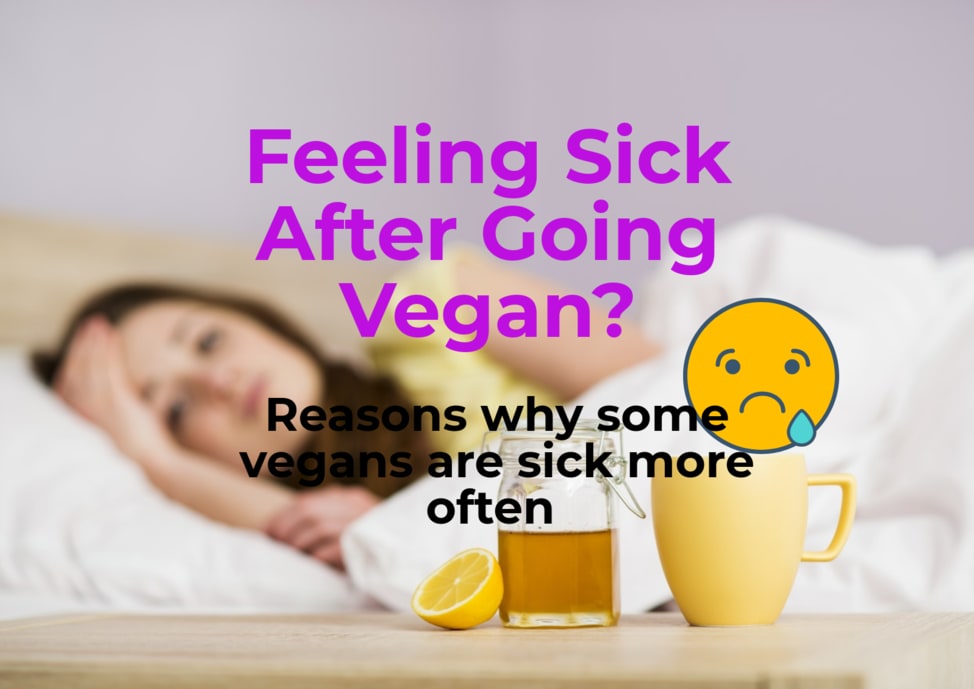

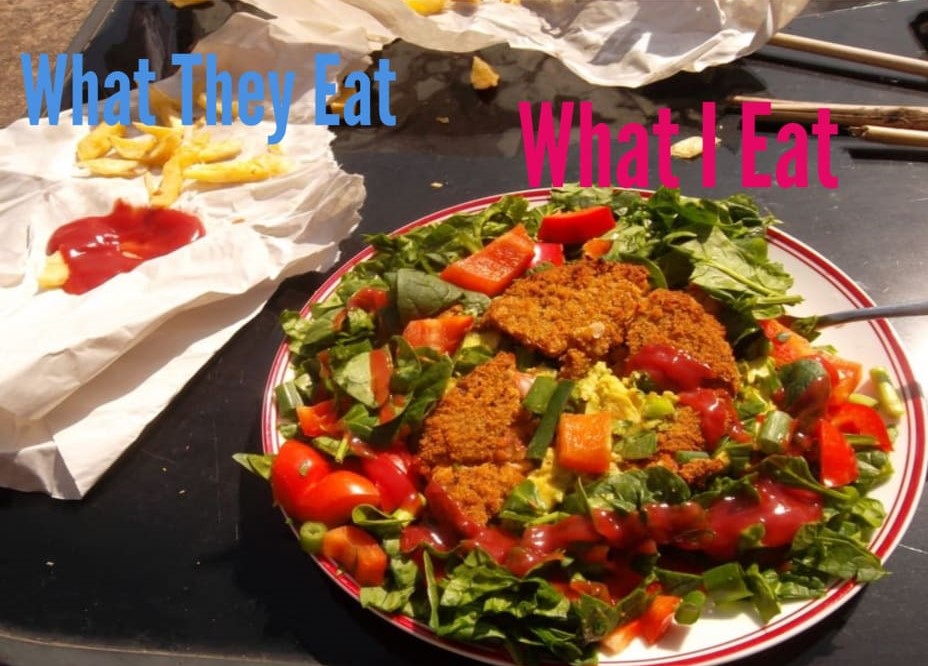
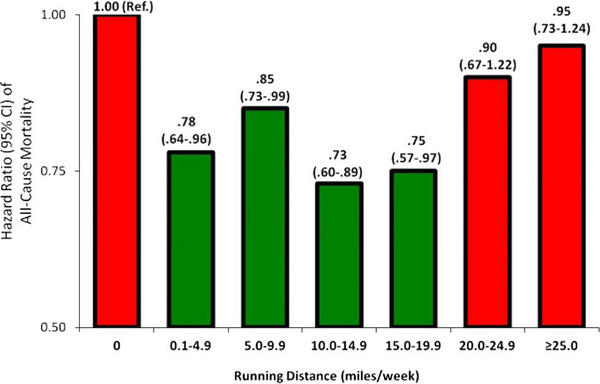


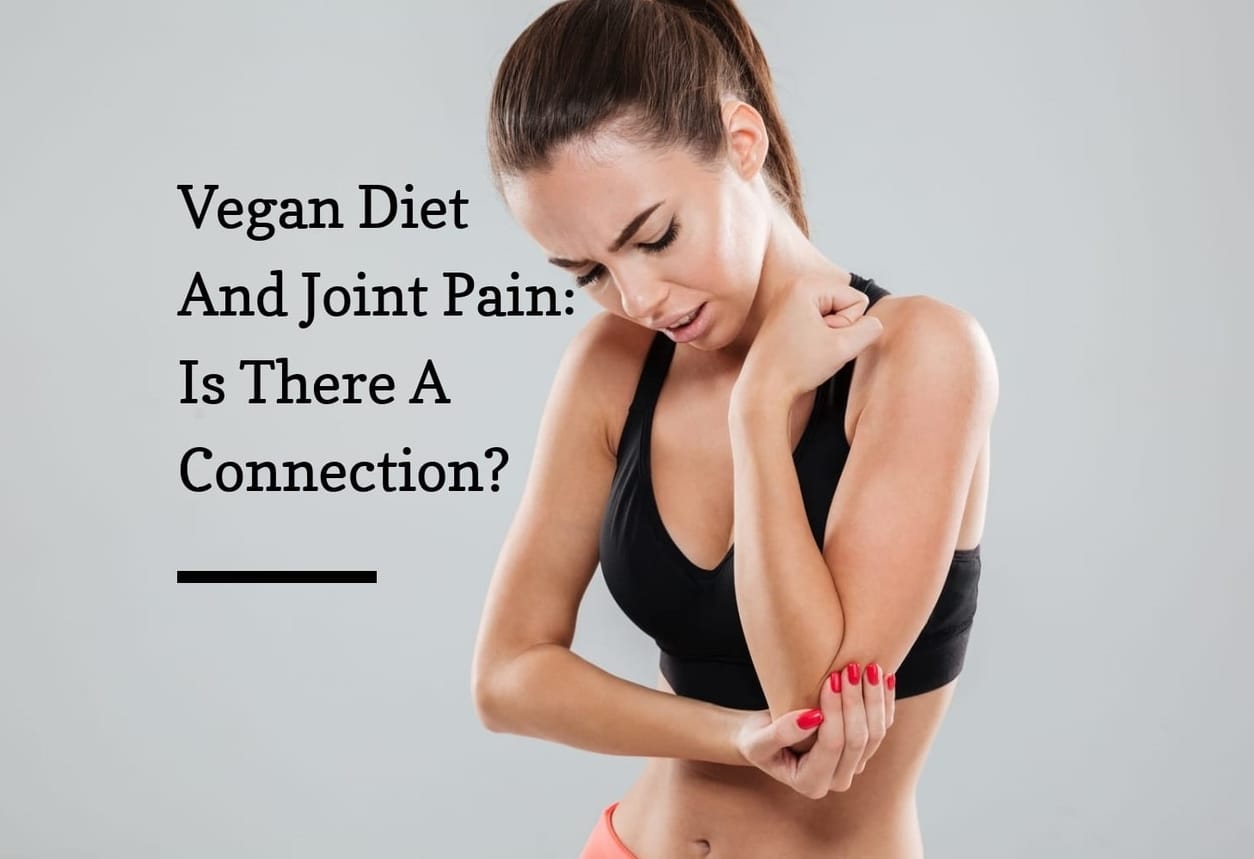
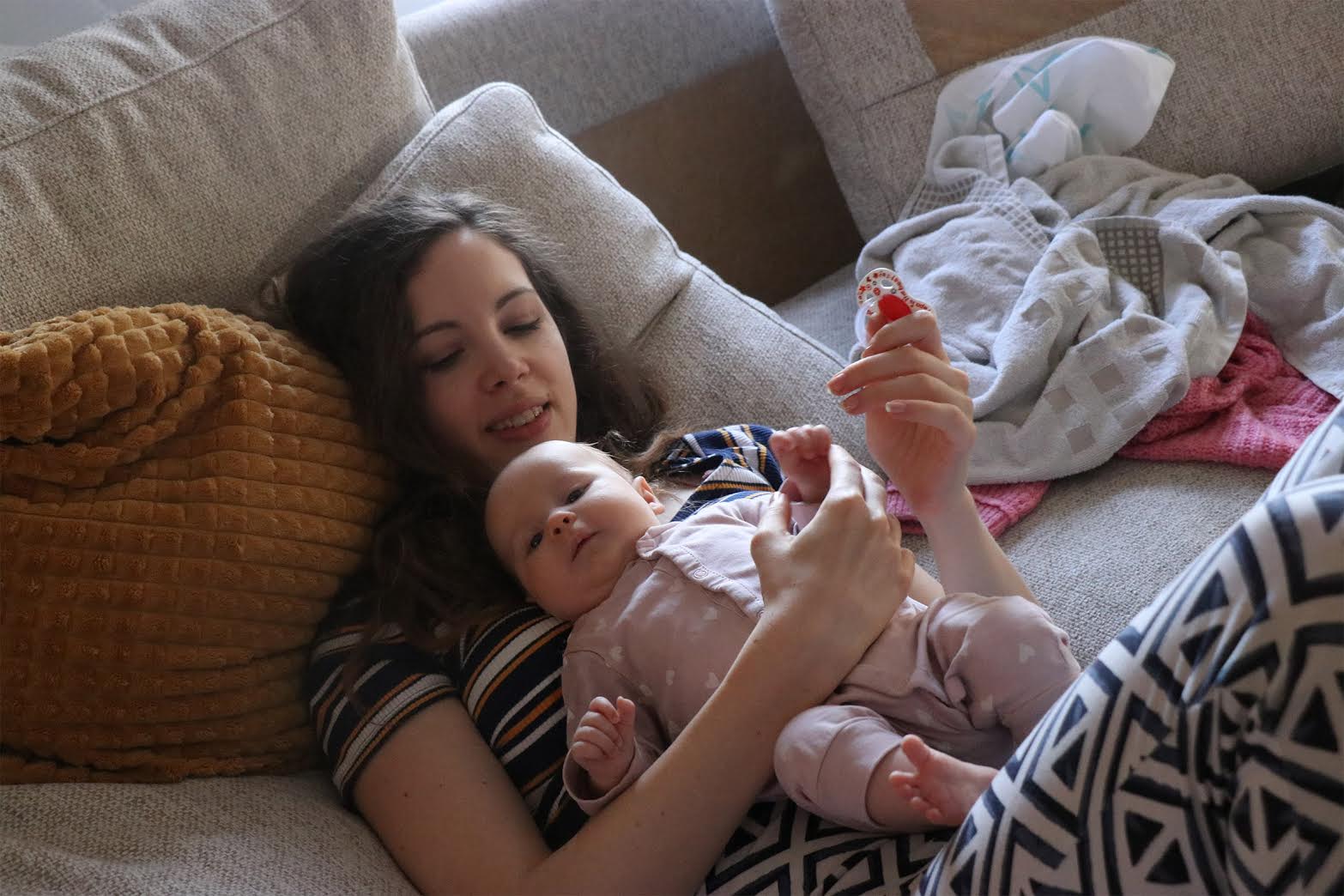

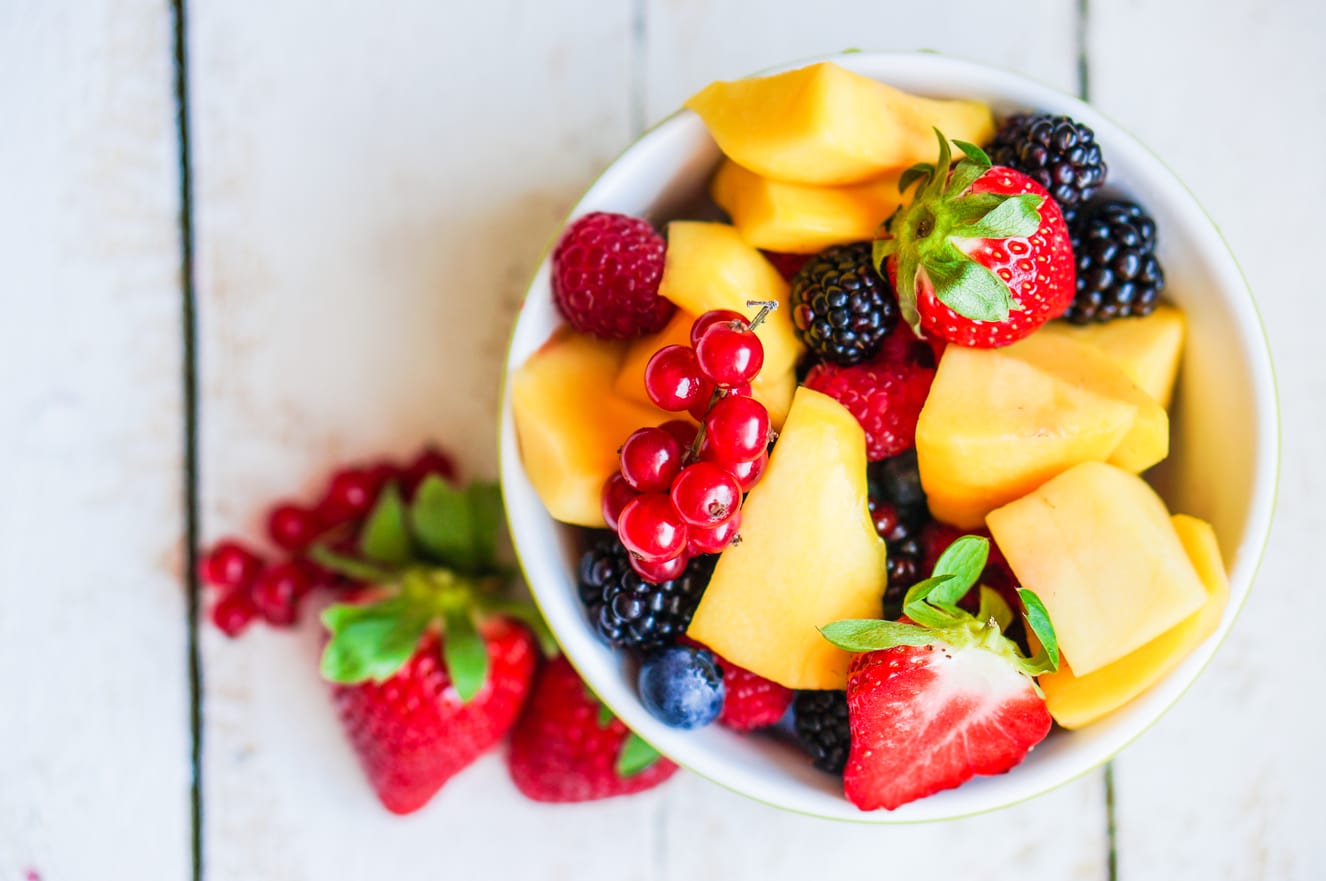
Hi Matt! I know you may not get a lot of traffic on your blog but I just wanted to let you know I appreciate the work you put in to vegan health related topics. I don’t practice CR, but I want to stay a healthy vegan for a long time. Veganism is getting a lot more popular, but a lot of people don’t do it in the most healthful way, so these resources are really important.
Thank you for your kind words, it really helps keep me going 🙂 Things had been improving a lot recently, but you never know with Google… I’ll keep trying my best to make this a good resource and hopefully reach more people soon!
Great article thanks so much!